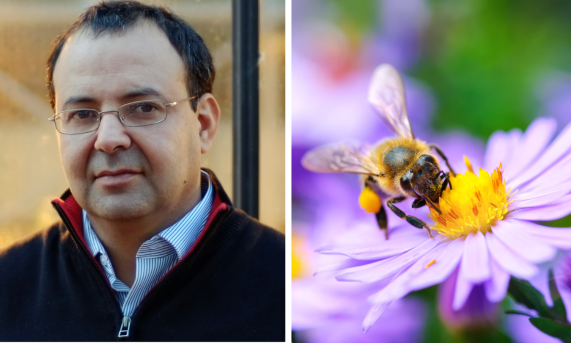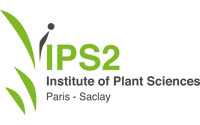ERC Advanced Grants 2022: the NectarGland project
ERC Advanced Grants 2022: the NectarGland project
Animal pollinators are key to sustaining life on Earth. As the human population grows, the decline in pollinator populations poses a threat to our food supply. Bees are the most important insect pollinators in agriculture, but we still do not understand exactly how cultivated plants attract and reward them.
Abdelhafid Bendahmane (FLOCAD team), Research Director at INRAE, has now won an ERC advanced grant (2.5 millions for 5 years) for a research project aiming at creating a toolbox that can help to make cultivated flowers and plants more attractive to bees as a food resource, by changing the plants structure and chemistry. By understanding the molecular mechanisms underlying these processes, we can contribute to sustainable harvests and better understand how plants and pollinators have evolved together over time.
To achieve this goal, Bendahmane and his research team will investigate how the genetic differences in plant structures result in separate varieties (molecular genetics) and precisely measure their characteristics (precision phenotyping). The research will examine if specific plant features that previously attracted bees have been lost due to more recent cultivation practices, and how they could be reintroduced in these plants.
Bendahmane will study melon and cucurbits crops, such as cucumbers, watermelons, and pumpkins, which are essential to the livelihoods of the poorer farmers as well as the models of the team. Often, the quality of these crops is low because of poor pollination, despite the diversity of bees types. It is thus critical to develop the attractivity of these crops for pollinators with the aim of improving reproduction, and therefore yield.

09/05/2023
